Just to add to the previous answer about -xcudafe (not enough reputation yet to leave a comment)
MAJOR EDIT:
cudaFE is apparently Nvidia's custom version of C++ Front End from the Edison Design Group. You can find the docs for it here: http://www.edg.com/docs/edg_cpp.pdf. I am currently referring to page numbers from the July 2019 v5.1 manual.
@einpoklum notes that just doing push/pop as I had originally stated in the initial post doesn't work and specifically that #pragma push generates a warning that it is ignored. I could not replicate the warning, but indeed in the test program below neither CUDA 10.1 nor CUDA 9.2 did the push/pop actually do anything (note that lines 20 and 22 generate no warning).
However, on page 75 of this manual they go through how to do localized diagnostic severity control without push/pop:
The following example suppresses the “pointless friend declaration”
warning on the declaration of class A:
#pragma diag_suppress 522
class A { friend class A; };
#pragma diag_default 522
class B { friend class B; };
The #pragma diag_default returns the warning to default state. Another example would be:
#pragma diag_suppress = code_is_unreachable
...
#pragma diag_default = code_is_unreachable
The equal symbol is optional. Testing shows that this works and truly localized the severity control. Further, testing reveals that adding diagnostic suppressions in this way adds to previous diagnostic suppressions - it doesn’t replace. Also of note, in CUDA 10.1 unreachable code did not generate a warning while it did in CUDA 9.2. Finally, Page 77 of the manual mentions a new push/pop syntax:
#pragma push_macro(“identifier”)
#pragma pop_macro(“identifier”)
But I couldn't get it to work in the program below.
All of the above is tested in the program below, compiled with nvcc -std=c++14 test_warning_suppression.cu -o test_warning_suppression:
#include <cuda_runtime.h>
__host__ __device__ int return1(){
int j = -1; //warning given for both CUDA 9.2 and 10.1
return 1;
if(false){ return 0; } //warning given here for CUDA 9.2
}
#pragma push
#pragma diag_suppress = code_is_unreachable
#pragma diag_suppress = declared_but_not_referenced
__host__ __device__ int return2(){
int j = -1;
return 2;
if(false){ return 0; }
}
#pragma pop
__host__ __device__ int return3(){
int j = -1; //no warning given here
return 3;
if(false){ return 0; } //no warning here even in CUDA 9.2
}
//push/pop did not localize warning suppression, so reset to default
#pragma diag_default = declared_but_not_referenced
#pragma diag_default = code_is_unreachable
//warning suppression localized to lines above by diag_default!
__host__ __device__ int return4(){
int j = -1; //warning given for both CUDA 9.2 and 10.1
return 4;
if(false){ return 0; } //warning given here for CUDA 9.2
}
/* below does not work as of CUDA 10.1
#pragma push_macro(“identifier”)
#pragma diag_suppress = code_is_unreachable
__device__ int return5(){
return 5;
if(false){ return 0; }
}
#pragma pop_macro(“identifier”)
__device__ int return6(){
return 6;
if(false){ return 0; }
} */
int main(){ return 0; }
